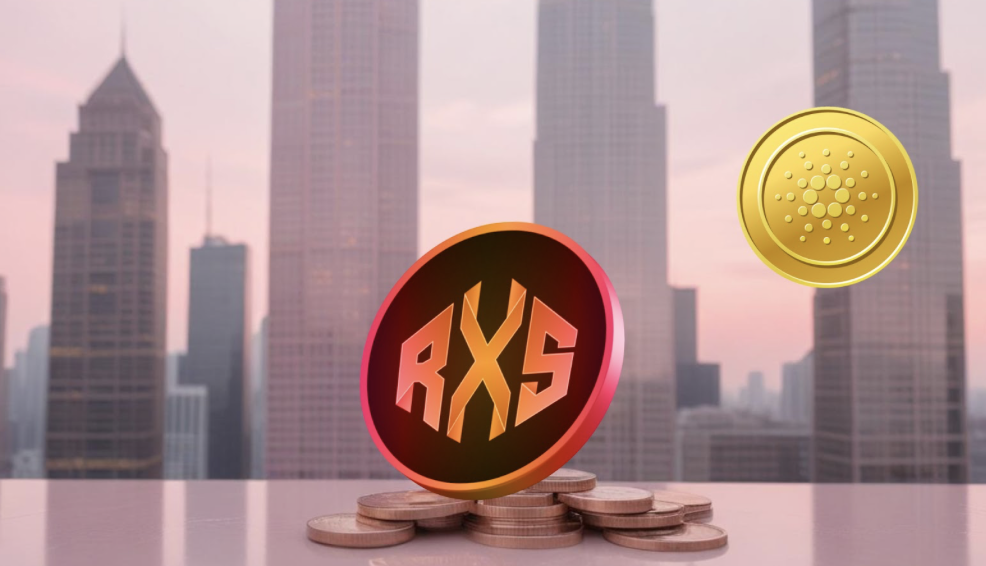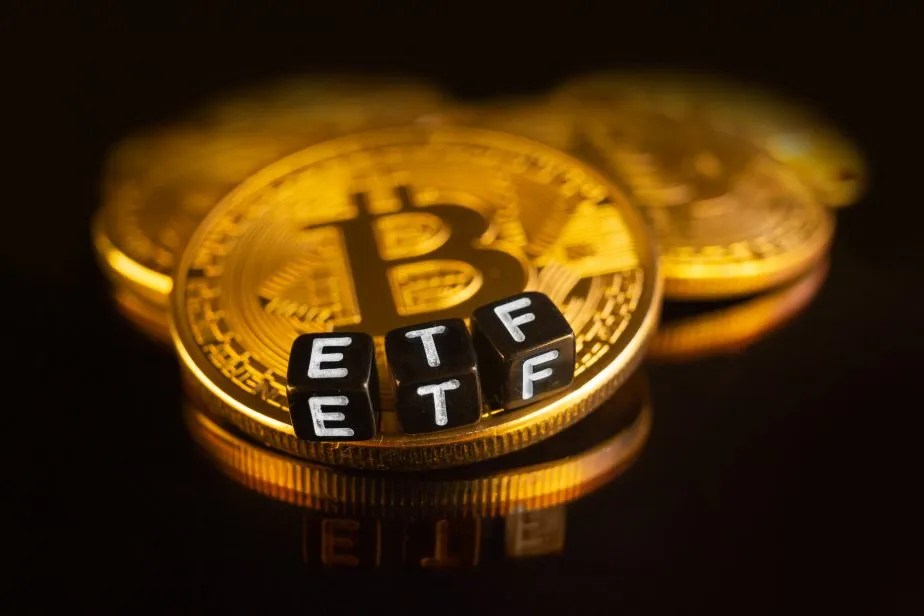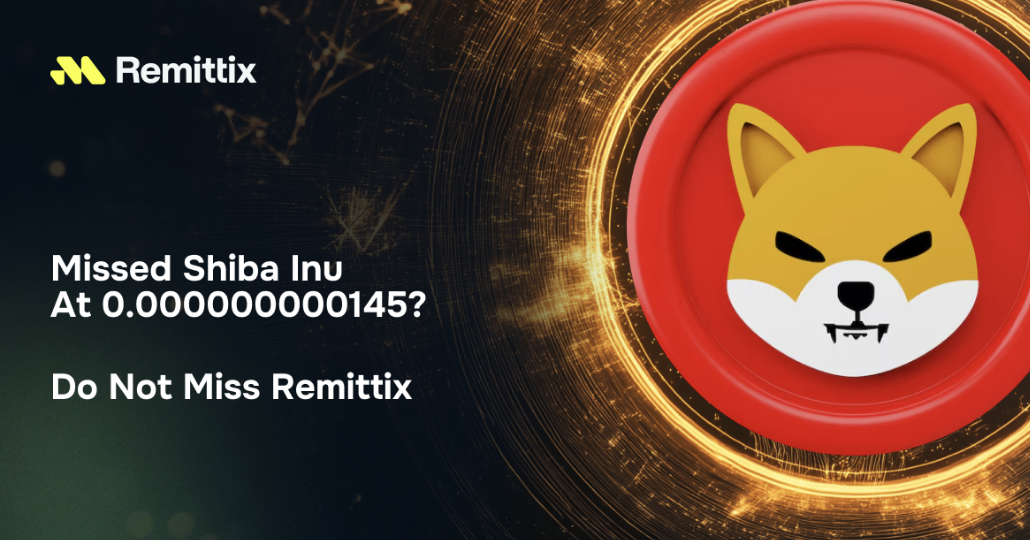ARTICLE AD
The fine is the latest in a series of antitrust rulings against Google in Europe.
The French Competition Authority (ADLC) has imposed a 250 million euro fine on Google for failing to comply with its commitments made in June 2022 on neighboring rights, according to a recent announcement from the French watchdog on X. The regulator claimed that Google had used content from publishers and news agencies to train its AI application Bard (now Gemini) without notifying them or the ADLC.
The decision followed a settlement procedure, with Google agreeing not to contest the facts, as clarified by the ADLC. The American tech giant was criticized for not respecting four of its seven commitments, particularly for not negotiating “in good faith” with news publishers to determine their compensation for these neighboring rights.
Neighboring rights are legal protections granted to certain content creators, including news agencies, for the use of their content on the internet by platforms like Google and Facebook. These rights allow content creators to be compensated for the reuse of their work.
Moreover, the Authority found that Google had used “content from publishers and press agencies” to train its AI application Bard (now renamed Gemini), “without informing them or the Authority.”
“We’ve settled because it’s time to turn the page, and as our many agreements with publishers prove, we want to focus on sustainable approaches to connecting Internet users with quality content and working constructively with French publishers,” Google responded.
However, Google also expressed that the fine amount was disproportionate to the infractions noted, arguing that their “efforts” were not “sufficiently” recognized in the absence of “clear regulatory measures.”
Google wasn’t new to trouble with neighboring rights. In July 2021, the company was fined 500 million euros for not negotiating “in good faith” with publishers and press agencies. This marked the first time a European competition authority had imposed such a fine in this area, and it was also the largest penalty ever issued by the French watchdog for non-compliance.
Google initially opposed the concept of neighboring rights, avoiding paying by demanding free access to content from press publishers. In June 2022, the French Competition Authority ended the legal dispute with Google after the American giant agreed to certain commitments. Additionally, Google has signed agreements with various French media organizations in recent years.
Disclaimer: This article was crafted with the assistance of artificial intelligence (AI) tools.
The information on or accessed through this website is obtained from independent sources we believe to be accurate and reliable, but Decentral Media, Inc. makes no representation or warranty as to the timeliness, completeness, or accuracy of any information on or accessed through this website. Decentral Media, Inc. is not an investment advisor. We do not give personalized investment advice or other financial advice. The information on this website is subject to change without notice. Some or all of the information on this website may become outdated, or it may be or become incomplete or inaccurate. We may, but are not obligated to, update any outdated, incomplete, or inaccurate information.
You should never make an investment decision on an ICO, IEO, or other investment based on the information on this website, and you should never interpret or otherwise rely on any of the information on this website as investment advice. We strongly recommend that you consult a licensed investment advisor or other qualified financial professional if you are seeking investment advice on an ICO, IEO, or other investment. We do not accept compensation in any form for analyzing or reporting on any ICO, IEO, cryptocurrency, currency, tokenized sales, securities, or commodities.

 9 months ago
40
9 months ago
40 

